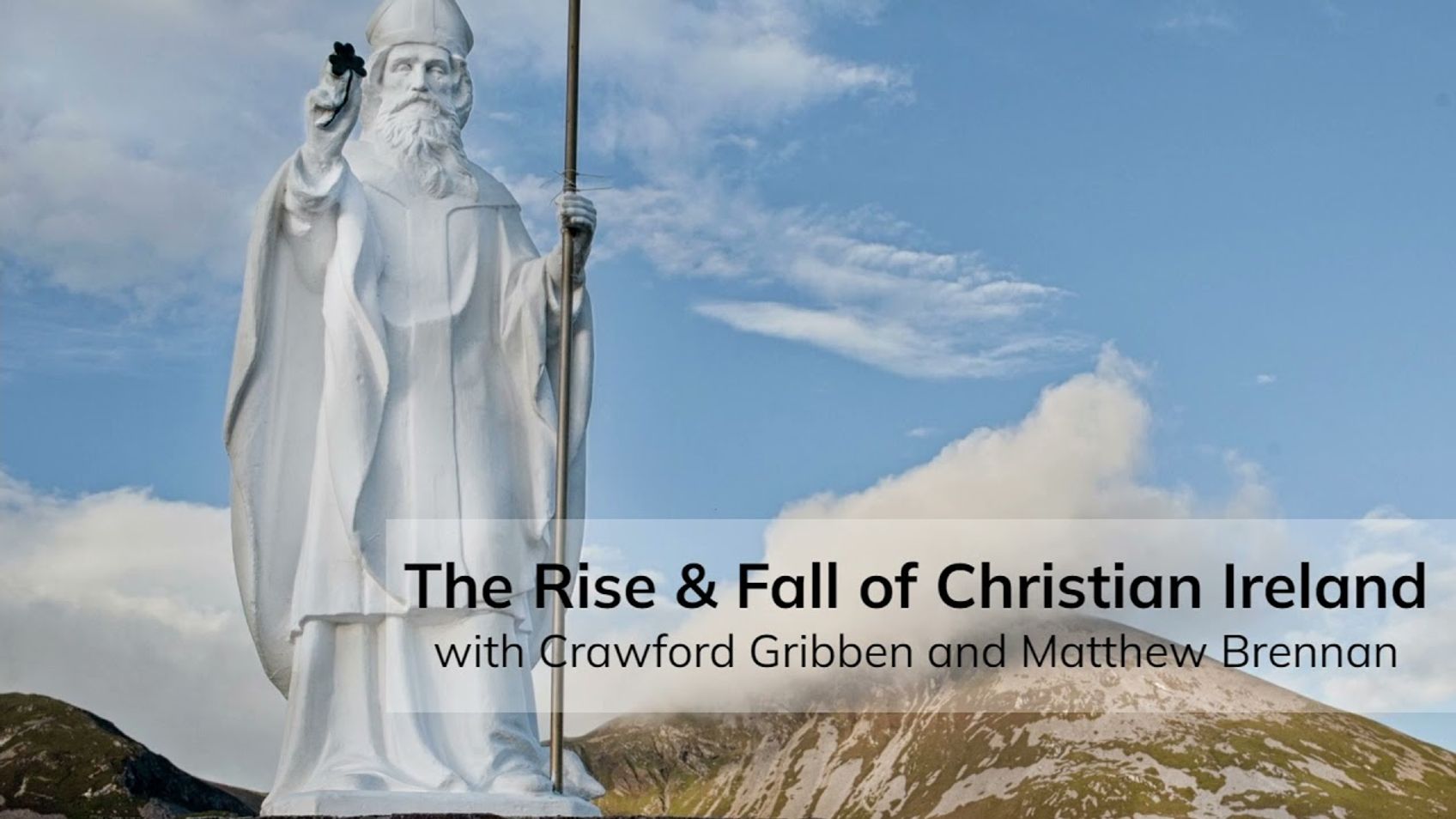The Rise & Fall of Christian Ireland (with Crawford Gribben and Matthew Brennan)

Crawford Gribben (Queen's University Belfast) and Matthew Brennan (Clonmel Baptist Church) join me for a discussion of Crawford's recently released history, 'The Rise & Fall of Christian Ireland' (https://amzn.to/3AJR5bt).
If you have enjoyed my videos and podcasts, please tell your friends. If you are interested in supporting my videos and podcasts and my research more generally, please consider supporting my work on Patreon (https://www.patreon.com/zugzwanged), using my PayPal account (https://bit.ly/2RLaUcB), or by buying books for my research on Amazon (https://www.amazon.co.uk/hz/wishlist/ls/36WVSWCK4X33O?ref_=wl_share).
The audio of all of my videos is available on my Soundcloud account: https://soundcloud.com/alastairadversaria. You can also listen to the audio of these episodes on iTunes: https://itunes.apple.com/gb/podcast/alastairs-adversaria/id1416351035?mt=2.
More From Alastair Roberts
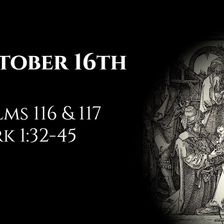
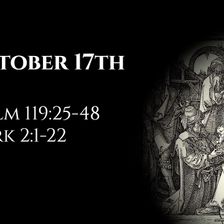
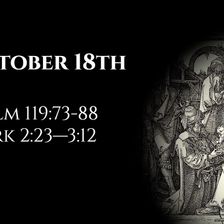
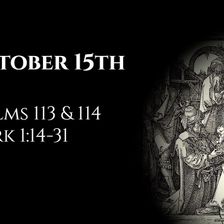
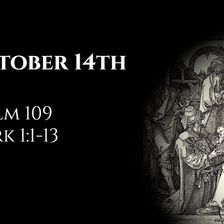
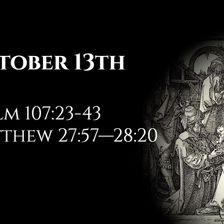
More on OpenTheo















